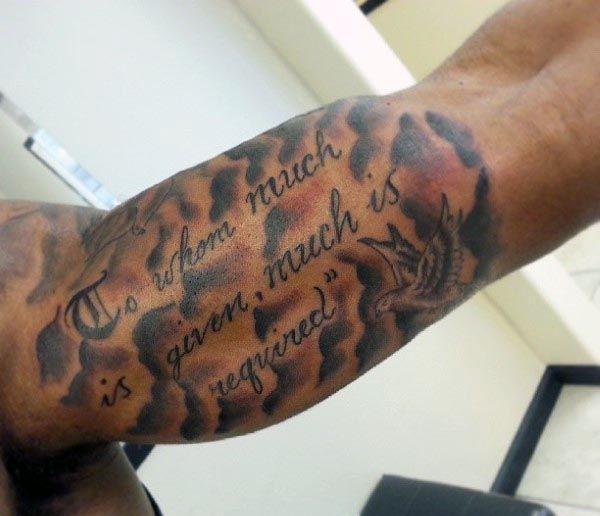
Introduction
Ancient Chinese society had varied perceptions of tattoos, with some viewing them as marks of shame, honor, or decoration.
Tattoos in Zhou Dynasty
During the Zhou dynasty, Tattoos were used to indicate the status of men as criminals, slaves, or military deserters. Women, on the other hand, got Tattoos that symbolized womanhood or matrimony.
Strong Tattooing Traditions
While Tattoos are not widely practiced among the Chinese, certain minority groups, such as the Du Long and Dai tribes from mainland China and the Li people on Hainan Island, have solid tattooing traditions.
Du Long Tribe
The women of the Drung tribe residing along the Dulong River have been getting their faces tattooed for centuries to protect themselves from attacks and avoid being kidnapped as slaves.
Evolution of Perceptions
Over time, Chinese society’s perception of Tattoos shifted from stigmatization to self-expression due to increased cultural influences from trade with steppe nomads. Tattoos became popular forms of self-expression.
Dai Tribe
The Dai people, one of the few indigenous tribes still practicing tattooing in China, use Tattoos to express strength, wisdom, and magic. Women of the tribe usually receive Tattoos around their twelfth birthday.
Tattooing as Punishment
Tattooing was one of the five main penalties used to punish criminals in ancient China. Those Tattoos had details of their crimes or place of exile inscribed on their heads, temples, or cheeks.
Li Tribe
The Li tribe on Hainan Island is famous for its weaving and millenary traditions. Li women used Tattoos as a defense mechanism against attacks from other tribes. Tattooing was seen as a rite of passage into adulthood.
Yue Fei
Yue Fei, a military commander of the Song Dynasty, became a national hero for his role in resisting invaders. His mother advised him to tattoo the character “jin zhong bao guo” (repay the country with pure loyalty) on his back to symbolize his allegiance and dedication to fighting enemies of the state.
Conclusion
Although the perception of Tattoos in Chinese society has evolved throughout history, they continue to hold cultural significance and serve as a means of self-expression and symbolism.

